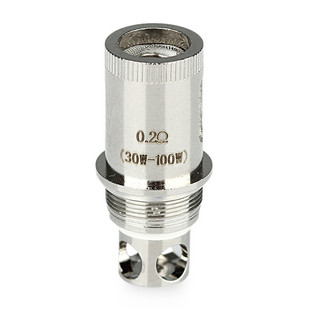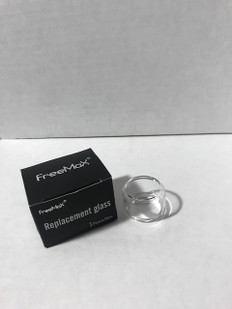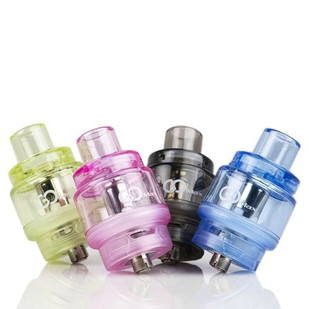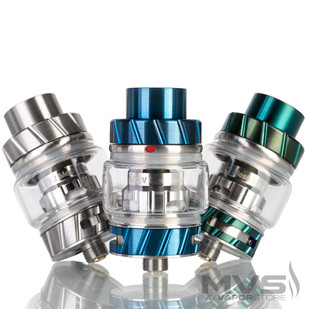- Home
- The Vape Mall Blog
- allergies
The Vape Mall Blog
Dealing with Springtime Allergies with the Help of CBD
Posted by on
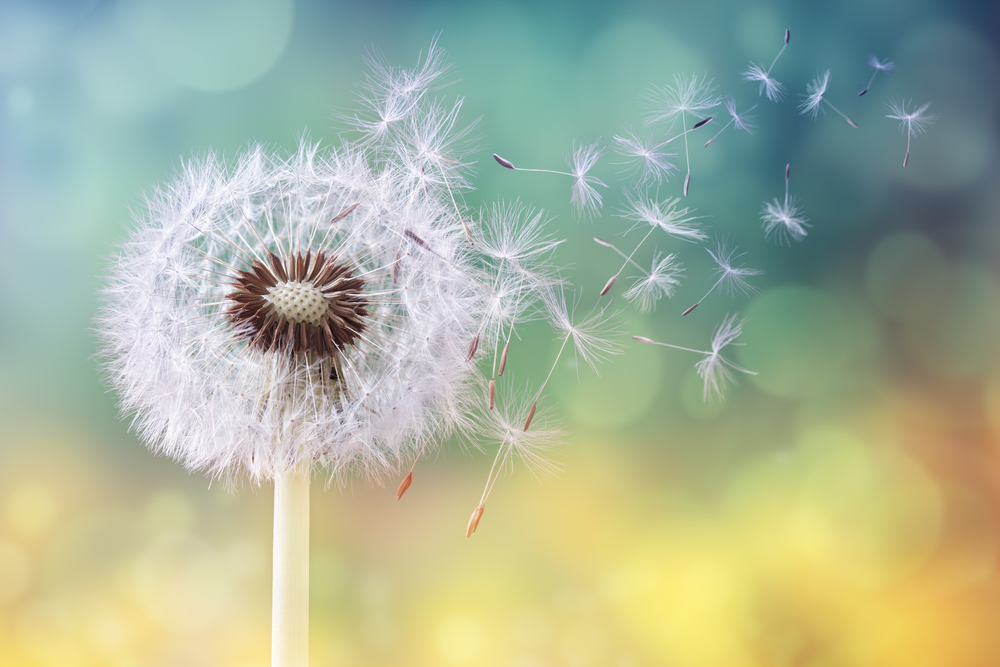
It is that time of year again, when the weather goes from cold to mild, and the sun is out longer. Springtime is the favorite season of many, but despite its beauty and exhilarating spirit, it can be a nightmare for allergy sufferers. Springtime allergies affect over 25 million Americans on a yearly basis and can cause symptoms ranging from extremely mild to very debilitating. Anyone who suffers from springtime allergies is unable to get pleasure out of the spring season, even if they want to, because simply being outside for a few minutes can trigger all kinds of unwanted symptoms like an itchy throat, runny nose, and watery eyes.
If you suffer from springtime allergies like so many others, then you may be interested to learn about CBD’s potential properties that pertain to this common condition.We will also help you understand the best way to take CBD for this particular purpose.
What are Spring Allergies?
Spring allergies refer to experiencing an allergic response to environmental allergens that pop up during the spring season. Spring is a season of transformation, and the same chemical compounds that are responsible for lush green leaves, growing grass and budding flowers can wreak havoc on our respiratory system and immune system. Allergens such as grass, pollen and mold that comes from plant spores enter the body through the respiratory tract, thus causing an allergic response.
So, why do some people have springtime allergies while others do not? Well, we are still trying to figure that out. Any allergy that we have is a material that the body perceives as a threat, such as a pathogen, despite the fact that objectively, it is completely harmless. Some people’s immune systems mistakenly see pollen, grass, and other spring allergens as potentially deadly, and thus trigger the body’s histamine response to create an inflammatory reaction to destroy the allergens that have entered the body. This is why we experience so many symptoms that are similar to getting sick.
Therefore, springtime allergies are not spring’s fault, but actually the fault of our own immune systems.
Allergies can affect people of any age, and some people can go most of their lives without developing them, only to suddenly find them suffering one spring. Meanwhile, other people may find that their springtime allergies simply disappear one year after many years of difficult symptoms.
Symptoms of Spring Allergies
Each person can have their own unique allergic response to springtime allergens, but here are the most common ones that people report.
- Sore or Itchy Throat: When we inhale allergens through the respiratory tract, which causes the allergens to interact with the throat, thus causing the throat to become irritated.
- Stuffy or Runny Nose: When allergens are inhaled through the nose, the nasal passageways become inflamed and irritated.
- Dry, Itchy or Watery Eyes: When allergens make contact with the eyes, they can become irritated as well.
- Sinus Pressure or Headache: When the sinuses become inflamed, they get swollen, which can cause a headache or the sensation of pressure in the head.
- Itchy Skin: For some people, contact between allergens and skin leads to skin irritation.
- Hives: A more extreme symptom of allergies is breaking out into hives, which is rarer than the other symptoms above.
- Fatigue: Some people may find themselves feeling fatigued during allergy season, as the inflammatory response can be draining to the body.
Are Allergies Treatable?
Allergies are, in fact, treatable. There are various medications that you can try, ranging from over the counter to prescription options. An allergist can diagnose you with allergies and prescribe you a treatment accordingly.
CBD and Allergies: What is the Connection?
CBD is a cannabinoid and is also the leading compound of the hemp plant. Its job is to bind to cannabinoid receptors throughout the body to stimulate homeostasis through individual regulatory actions. Each cannabinoid receptor is in charge of balancing a specific process of the body, so when we consume cannabinoids, they are being sent to various receptors that need a little bit of help.
An array of research has found that CBD can potentially reduce inflammation by regulating the body’s inflammatory response through binding to cannabinoid receptors. This can be useful as the respiratory tract gets extremely inflamed during an allergic reaction.
There are cannabinoid receptors in the body’s immune system which may regulate the way in which the immune system functions overall. As we said, allergies are technically a dysfunction of the immune system.
Taking CBD for Springtime Allergies
Seeing how you have more knowledge as to what CBD could potentially offer to allergy sufferers, here are some best practices to use it specifically for allergy relief.
Ask Your Doctor
If you want to use CBD specifically for allergy relief, talk to your doctor beforehand. Your doctor is licensed to offer medical advice because they know the unique nature of your situation and can therefore give you a better idea of how to use hemp for this particular purpose.
Select the Right Delivery Method
Because allergies are an internal issue, you should take a CBD product that works internally, which means any product that is not topical. But you can add a topical to your routine on top of another type of product if your skin is prone to inflammation during allergy season.
Choose a Milligram Strength Based on Your Symptoms
CBD products come in a wide array of milligram strengths, which tells you how potent each dose of a formula is based on the number of milligrams of pure hemp inside. It’s important to choose a milligram strength according to the severity of your allergy symptoms to ensure that each dose actually gives the body the right amount of cannabinoids to offer a desirable response.
Take CBD Year Round
For the best results possible, consider taking CBD daily, even when it’s not the springtime. This supplies your body with an arsenal of cannabidiol that the endocannabinoid system can use liberally as needed throughout the body. Many experts say that daily intake is the best way to get desired results.
Potentially Find Some Much-Needed Springtime Allergy Relief with the Help of CBD
Springtime can bring lots of suffering to anyone who has allergies, but the good thing is that there are ways to tackle these pesky symptoms. If natural and holistic options are your preferred way to go, look into giving CBD a try. This cannabinoid has a unique balancing effect to the body that may be particularly helpful this time of year.
A Guide to Vaping During Allergy Season
Are you dealing with the stuffy nose and congested throat that come along with allergy season? While this time of year makes most people feel incredibly happy and refreshed, allergy sufferers often find themselves dreading the first sign of blooming flowers and buds on the trees.If you’re a vaper, you might be wondering how your favorite hobby is impacting [...]
Can Allergy Season Affect Your Vaping Experience?
Vaping is a pleasant experience that is more enjoyable than using tobacco products, but when you have seasonal allergies, you may find everything far less enjoyable. With a few self-care techniques and tips, you usually don't need to stop vaping to control seasonal allergy symptoms. Seasonal Allergies versus Vaping Allergies If you are diagnosed with seasonal allergies, you may have sensitivities to [...]
 Loading... Please wait...
Loading... Please wait...







